Cloud migration for retail: how retailers can modernise systems, protect data, and improve performance
As the retail market continues to evolve, many retailers are turning to cloud migration for retail to modernise their systems and stay competitive.
Moving core retail systems, e-commerce platforms, and customer data into cloud environments allows businesses to scale quickly, streamline operations, and ensure business continuity. For companies looking to migrate with confidence and minimal risk, professional UK cloud migration services offer the expertise needed to plan, test, and deliver a seamless transition.
Why Cloud Migration Is Essential for Retail Businesses
Retailers operate in a fast-paced market where customer behaviour changes constantly. On-prem data centres can no longer handle the speed, scalability, and agility required by modern retail systems. Cloud migration offers access to secure, flexible cloud platforms that support web applications, mobile apps, and data analytics tools - all designed to enhance customer experiences and boost sales.
Cloud adoption helps businesses reduce dependency on legacy systems, providing better access to real-time data and improving communication across teams. With cloud services, retailers can optimise supply chain systems, track stock levels more accurately, and manage customer interactions through a single high-performing environment.
The result is greater cost efficiency, stronger business continuity, and improved visibility across all retail processes.
Core Benefits of Cloud Migration for Retailers
1. Cloud Scalability and Performance
One of the biggest challenges for retailers is managing demand during busy periods. Cloud scalability allows businesses to scale systems and services instantly, ensuring zero downtime and zero disruption during sales spikes. Large retailers benefit from dynamic cloud platforms that adjust resources automatically to maintain performance, while smaller retail businesses can scale cost-effectively as they grow.
2. Improved Cost Efficiency and Flexibility
By reducing the need for expensive on-prem infrastructure, cloud environments lower operational costs. Many retailers use a hybrid model, keeping critical systems in-house while migrating others to the cloud. This model allows flexibility without compromising performance or security. The pay-as-you-go pricing model of cloud services ensures maximum cost efficiency.
3. Business Continuity and Risk Reduction
A well planned cloud setup ensures business continuity during system failures or outages. Data is replicated across multiple data centres, providing protection against lost revenue, reputational damage, and downtime. Retailers can migrate their systems with zero disruption, ensuring operations continue smoothly even during maintenance or unexpected events.
4. Enhanced Security and Compliance
Retailers handle large volumes of customer data and payment information, making data security and PCI DSS compliance essential. Leading cloud platforms offer built-in encryption, access control, and threat detection. Managed services also help retailers maintain continuous compliance, protecting sensitive customer information and reducing risk.
5. Deeper Insights into Customer Behaviour
Migrating to the cloud improves access to analytics tools that reveal valuable insights into customer behaviour. Using data from ecommerce platforms, PoS systems, and web applications, retailers can understand purchasing trends, personalise marketing campaigns, and increase customer loyalty. With integrated machine learning models, retailers can forecast demand and optimise pricing strategies to maximise revenue.
Transforming Retail Systems Through Cloud Adoption
Cloud migration transforms every part of how retailers operate. By integrating data, workflows, and applications into unified cloud systems, retail businesses can enhance efficiency, scalability, and customer satisfaction. Key areas that benefit from migration include:
PoS systems: Cloud-based PoS systems provide real-time visibility into sales and stock levels across multiple store locations.
Supply chain systems: Integrated communication between suppliers, warehouses, and retail stores helps streamline logistics and reduce waste.
E-commerce platforms: Migrating e-commerce systems to the cloud improves page load speeds, checkout reliability, and user experience during high demand periods.
Mobile and web applications: Cloud infrastructure supports faster app development and deployment, allowing retailers to update systems quickly in response to customer demand.
Analytics and reporting tools: Cloud platforms centralise data, allowing teams to monitor performance, forecast sales, and plan marketing campaigns with confidence.
These systems collectively improve visibility, enhance collaboration, and ensure the smooth functioning of retail operations both online and in-store.
Steps to a Successful Cloud Migration for Retailers
Migrating retail systems to the cloud requires detailed planning, collaboration, and testing. To achieve a secure and efficient migration, retailers should follow a structured process:
1. Assessment and Planning
Evaluate current infrastructure, including data centres, PoS systems, and e-commerce platforms. Identify dependencies between systems and determine which services should move to the cloud first. Proper planning minimises risk and ensures alignment between IT teams and business objectives.
2. Choosing the Right Cloud Setup
Retailers must decide between public, private, or hybrid cloud models. Many businesses adopt a hybrid model to maintain control over sensitive customer data while leveraging the flexibility of public cloud environments. Selecting the right configuration helps balance performance, scalability, and cost.
3. Using the Right Migration Tools
Automated migration tools help transfer data and systems to the cloud efficiently. Testing is vital during this phase to confirm system compatibility, data accuracy, and performance under real-world conditions. Retailers can run pilot tests before fully migrating to ensure everything functions as expected.
4. Ensuring Zero Downtime Migration
A seamless migration with zero downtime is crucial for retailers who can’t afford service interruptions. Proper scheduling, phased rollouts, and ongoing monitoring allow retailers to continue serving customers during migration without loss of access or functionality.
5. Post-Migration Optimisation
Once migration is complete, retailers should monitor system performance, security, and scalability. Managed services help ensure cloud systems remain optimised for growth and resilience. This ongoing maintenance supports continuous improvement and helps businesses achieve long-term retail success.
The Broader Impact of Cloud Adoption on Retail Businesses
Cloud adoption goes beyond technology - it reshapes how retailers operate and innovate.
With access to real-time data and analytics, decision-makers can respond faster to market changes, optimise stock levels, and forecast future demand more accurately. Retailers also benefit from better communication between teams, more efficient workflows, and faster development cycles for new digital experiences.
Machine learning and automation tools available through cloud platforms enable predictive analytics that can transform business strategies. Retailers can anticipate customer needs, tailor promotions, and improve loyalty through personalised engagement. This leads to higher customer satisfaction and repeat sales.
For large retailers operating across multiple regions - including Europe and the Middle East - cloud migration simplifies international scaling by providing a consistent and secure infrastructure across geographies.
Overcoming Common Cloud Migration Challenges
Despite its benefits, cloud migration for retail requires careful execution. Some common challenges include data integration between legacy and new systems, ensuring PCI DSS compliance, and managing user access securely. Retailers must also maintain clear communication between development, security, and operations teams to prevent performance bottlenecks.
Partnering with experienced providers of UK cloud migration services helps retailers manage these risks effectively. Specialists can guide businesses through complex migrations, ensuring systems are properly configured, tested, and optimised for performance. With expert planning and execution, retailers can migrate to the cloud without disruption or data loss.
Conclusion
For modern retailers, cloud migration is more than an IT upgrade - it’s a foundation for growth, innovation, and customer satisfaction. Moving from on-prem systems to flexible cloud environments enhances scalability, reduces costs, and protects sensitive customer data. Cloud adoption enables retailers to operate with agility, respond faster to demand, and ensure business continuity even in challenging conditions.
By integrating supply chain systems, e-commerce platforms, and customer engagement tools into a unified cloud setup, retail businesses can achieve better visibility, performance, and revenue outcomes.
With the support of professional UK cloud migration services, retailers can migrate systems confidently, enhance security, and prepare for the future of retail - driven by data, powered by the cloud, and built for lasting customer loyalty.

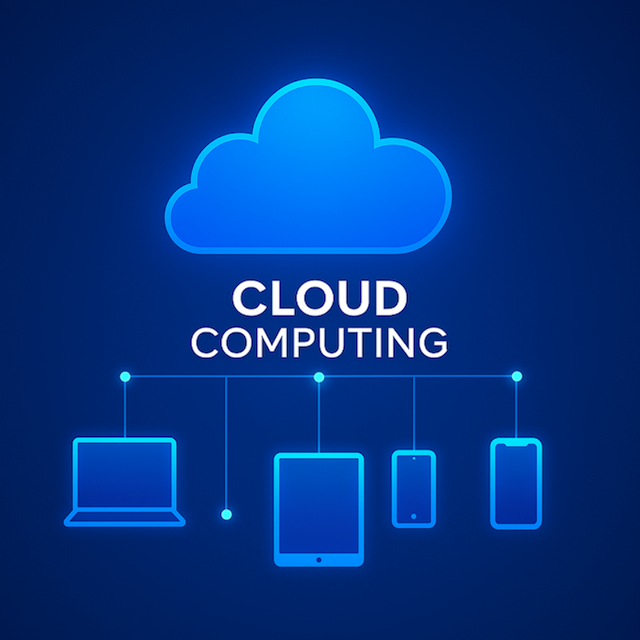





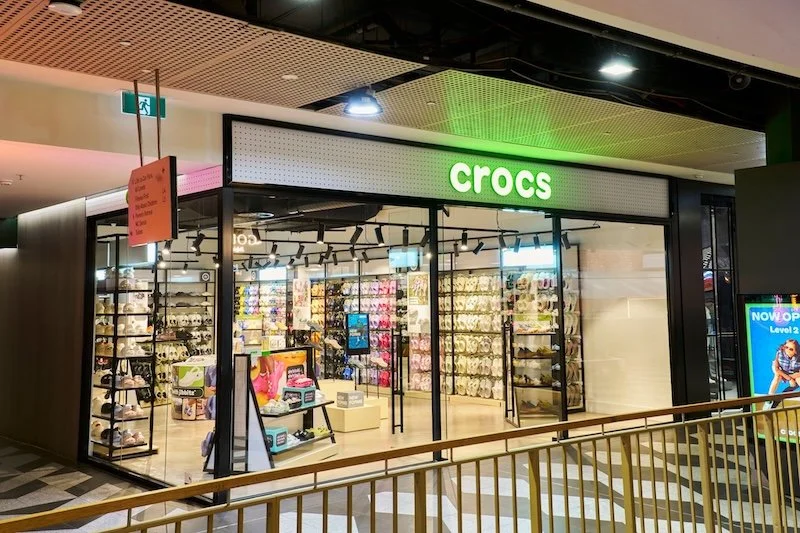
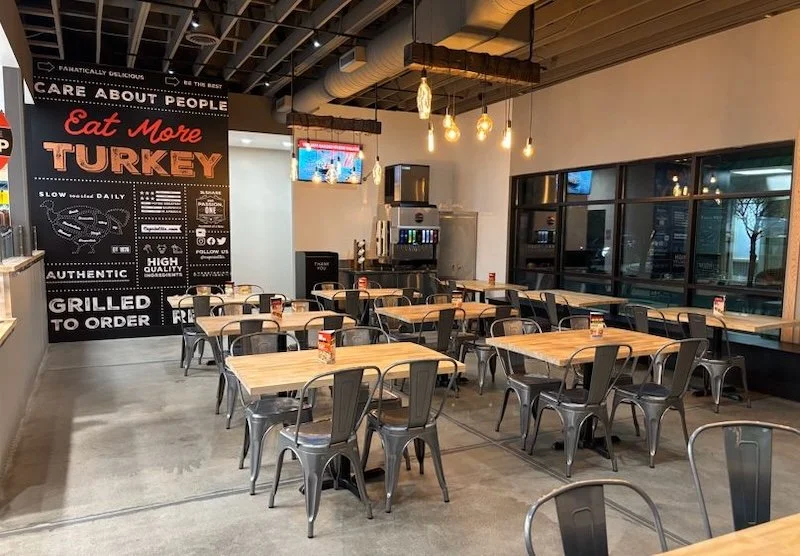







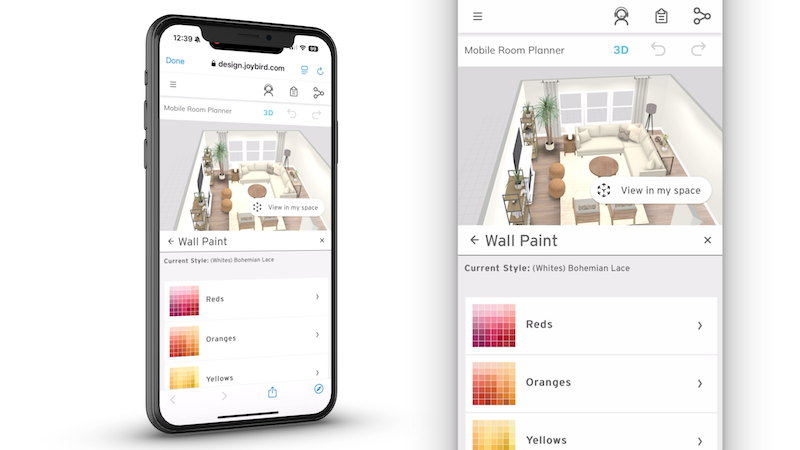
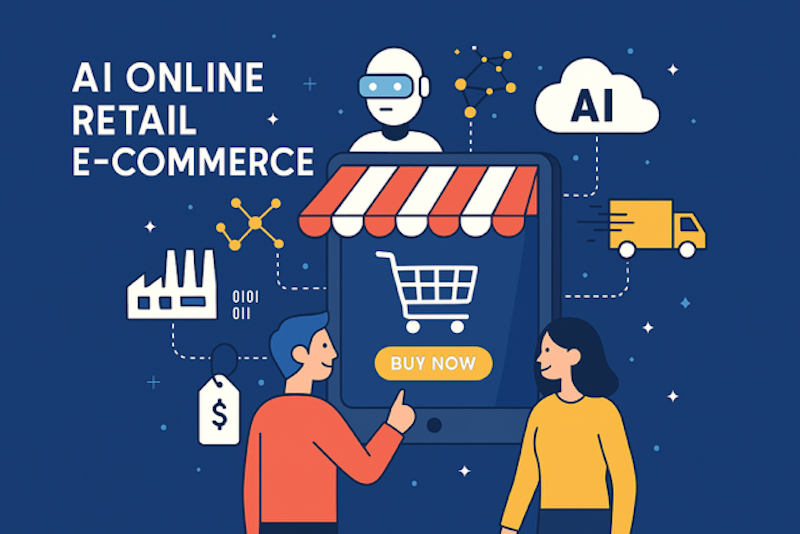

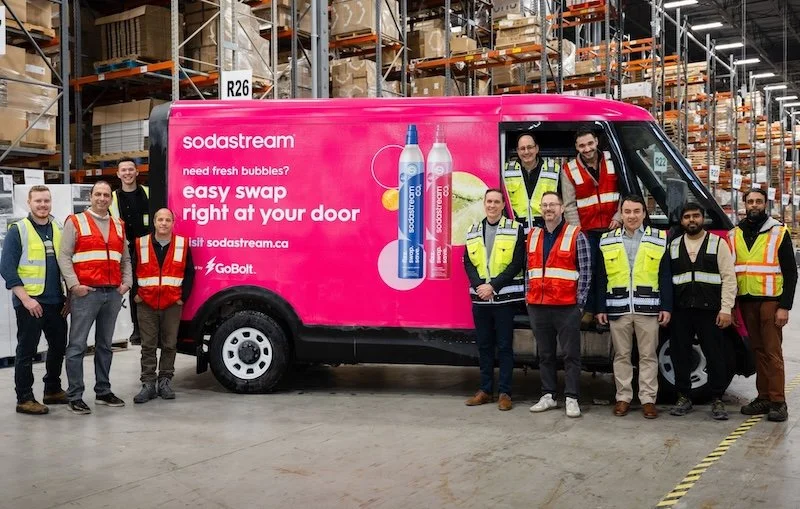



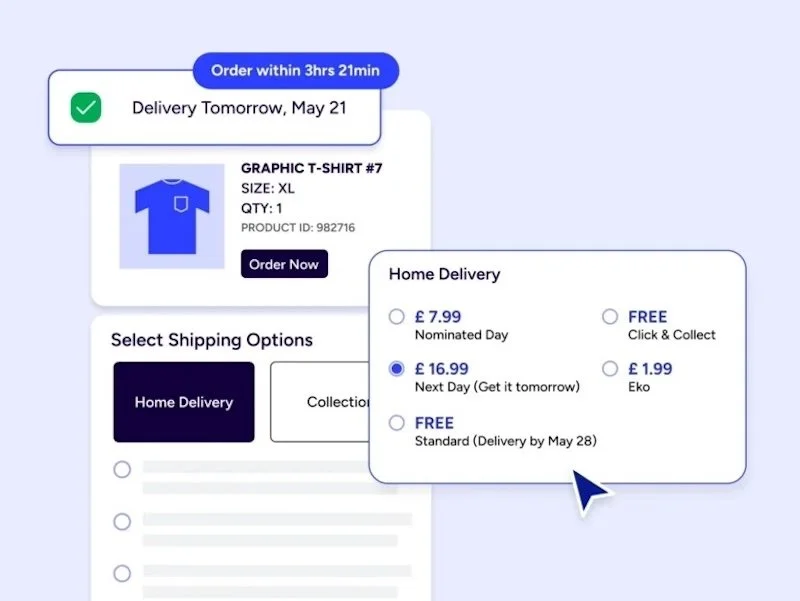




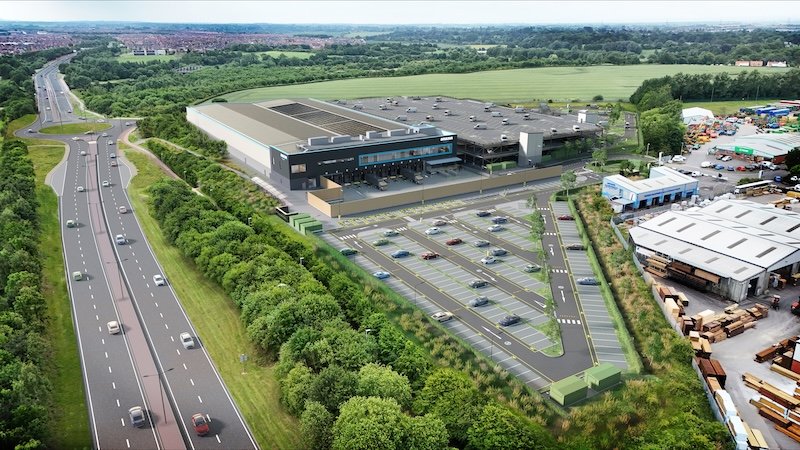


Continue reading…